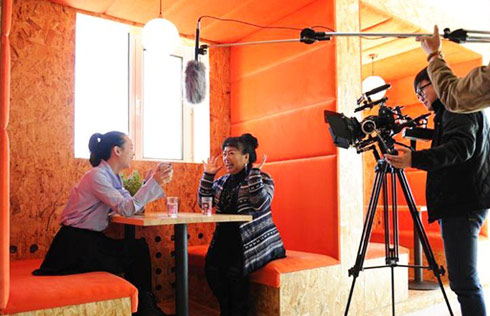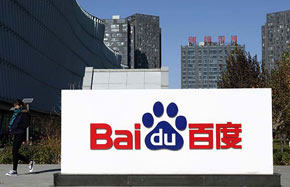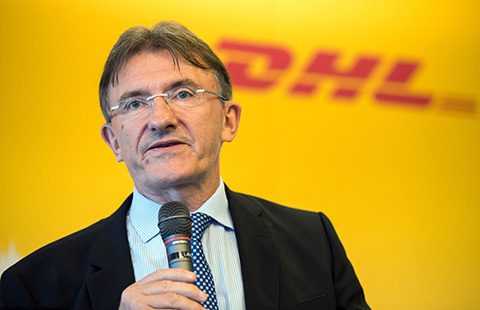Nylon project in Shanghai moves forward
Invista, one of the world's largest integrated producers of polymers and fibers, announced on Thursday it will initiate a $1 billion nylon project at Shanghai Chemical Industry Park.
It has received approval from the Chinese authorities regarding both the environmental impact assessment and the project application report, a step toward its plan to construct a nylon 6-6 intermediates manufacturing facility, according to Warren Primeaux, president of Invista Intermediates.
Nylon 6-6 is preferred in many countries due to its higher value in use of lighter and cheaper automobile engines, fatigue resistant tires, high quality airbags and highly durable hosiery, but it is historically under-represented in China, which has to rely heavily on imports to meet its demand, he said.
The project aims to meet China's growing demand for nylon 6-6 material, which now accounts for only 19 percent of the Chinese nylon market, much lower than 55 percent in Americas, 63 percent in Africa and the Middle East and 38 percent in West Europe, said Primeaux.
"The lack of domestic adiponitrile production capacity is considered a major contributor to the slow development of nylon 6-6," Primeaux said.
The investment will be spent over three facilities to manufacture 215,000 tons of hexamethylene diamine, 300,000 tons of adiponitrile and about 150,000 tons of nylon 6-6 polymers annually, which will be used as raw materials to manufacture carpet fibers, engineering plastics, clothing and industrial products such as airbags and automobile parts, said Steve Kromer, senior vice-president of Invista Management (Shanghai) Co Ltd.
"The investment scheme is Invista's continuous commitment to the Chinese market following the projects it has launched in other parts of China over the past several years, which cost combined funds of $700 million," said Kromer.
Additional investment is expected to be injected into those operating facilities in China for their capacity expansion, he said.
Construction on the first phase of the $1 billion project, designed to turn out 215,000 tons of hexamethylene diamine annually, will begin in the second half of this year and be put into operation in 2015.
Primeaux said they will also prepare for the second phase, which aims to manufacture 300,000 tons of adiponitrile annually, by using the latest technology Invista has developed with an investment of $40 million and about 150,000 tons of nylon 6-6 polymers as it goes on stream in 2018.
"We believe the percentage of nylon 6-6 material China uses will reach a possible 40 and even 50 percent as the market matures," he said.
The nylon 6-6 material Invista produces in China by then is expected to account for 25 percent of its global capacity, Primeaux added.
Nearly all materials Invista produces in China will be sold to local consumers to be merged into their products, some of which will be exported.























